We’re a small and passionate working group that came together during the pandemic summer of 2020 to work on EDI issues in philosophy. We’re based in the Philosophy Department, the Archeology Department, and the School of Information at the University of British Columbia.
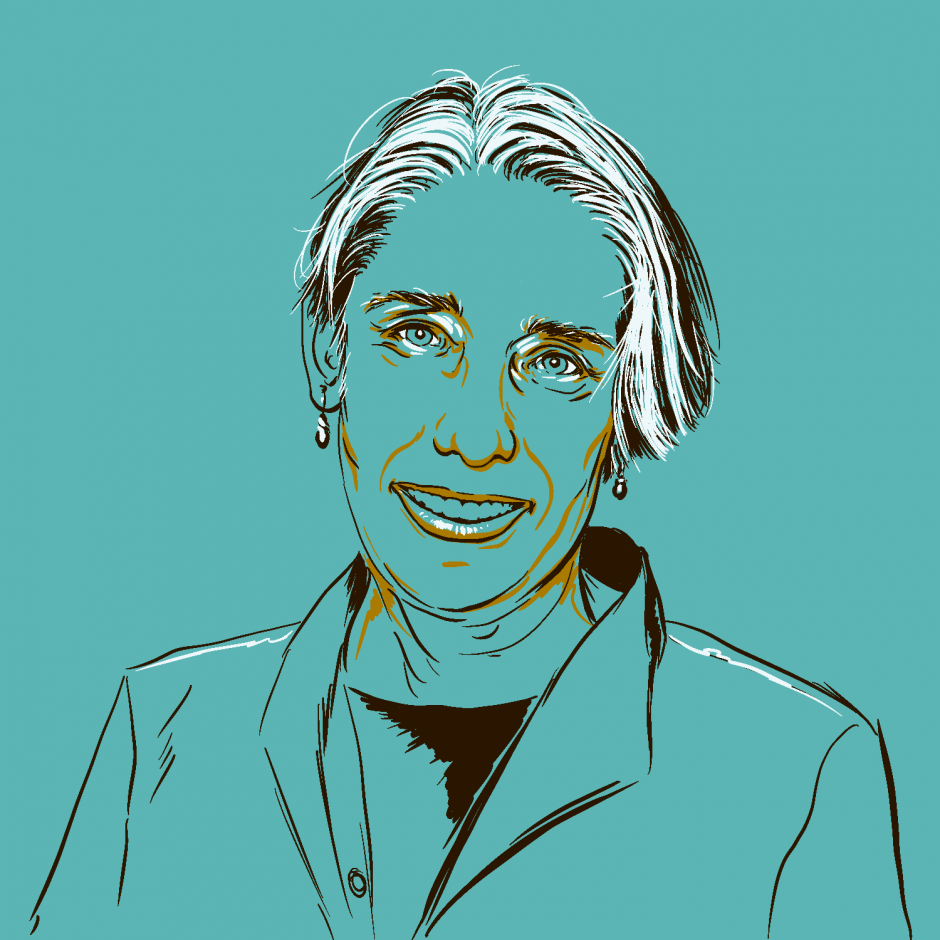
Alison Wylie
She/Her
Professor of Philosophy and Canada Research Chair
I’m a feminist philosopher of the social and historical sciences. What intrigues me are questions about how inquiry succeeds when evidence is sparse and uncertain. My work is case-based; I focus on evidential reasoning in archaeology, and on standpoint theory as a framework for making sense of how our understanding of the world – especially the social world – can be enhanced by a diversity of situated experience, knowledge, and interests.
I have a longstanding commitment to EDI research and activism within and beyond the academy: ‘Post-Civil Rights Era’ Gender Discrimination; “What Knowers Know Well: Women, Work and the Academy”; “Women in Philosophy: The Costs of Exclusion.” Recently I’ve been working with the Indigenous/Science research cluster at UBC.
Matthew Smithdeal
They/Them
I’m a PhD candidate at UBC working in philosophy of psychology and psychiatry. My research mostly focuses on understanding how we conceptualize different socially constructed categories. Specifically, I’m interested in understanding how biogenetic explanations of ways of being neurodivergent contribute to an increase in stereotyping and dehumanization of neurodivergent individuals. I also hold a fellowship in the Centre for Applied Ethics working on designing Research-based Theatre interventions to alleviate this tendency.
I also work as a research assistant on another project (‘Rock the Boat’) closely related to graduate student wellbeing and equity, diversity, and inclusion issues. RTB uses research based theatre to draw attention to and create discussion on these issues within the context of graduate student supervisory relationships. The broader aim is to generate systemic change in ways that supervisory relationships are approached and managed.
Finally, I am the Co-coordinator of a grassroots graduate student network at UBC that aims to push for systemic change relating to how graduate students are treated and advocate/draw awareness towards issues at the intersection of EDI and mental health that graduate students face. We have representatives from 50+ departments across UBC.
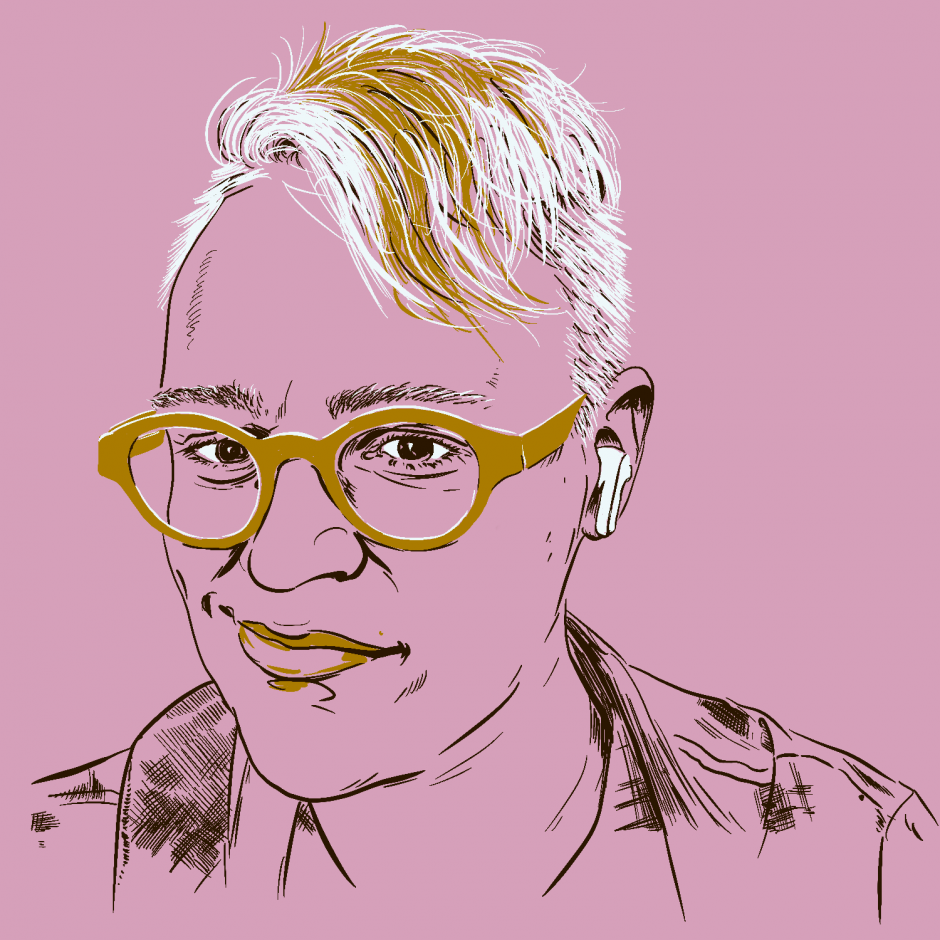
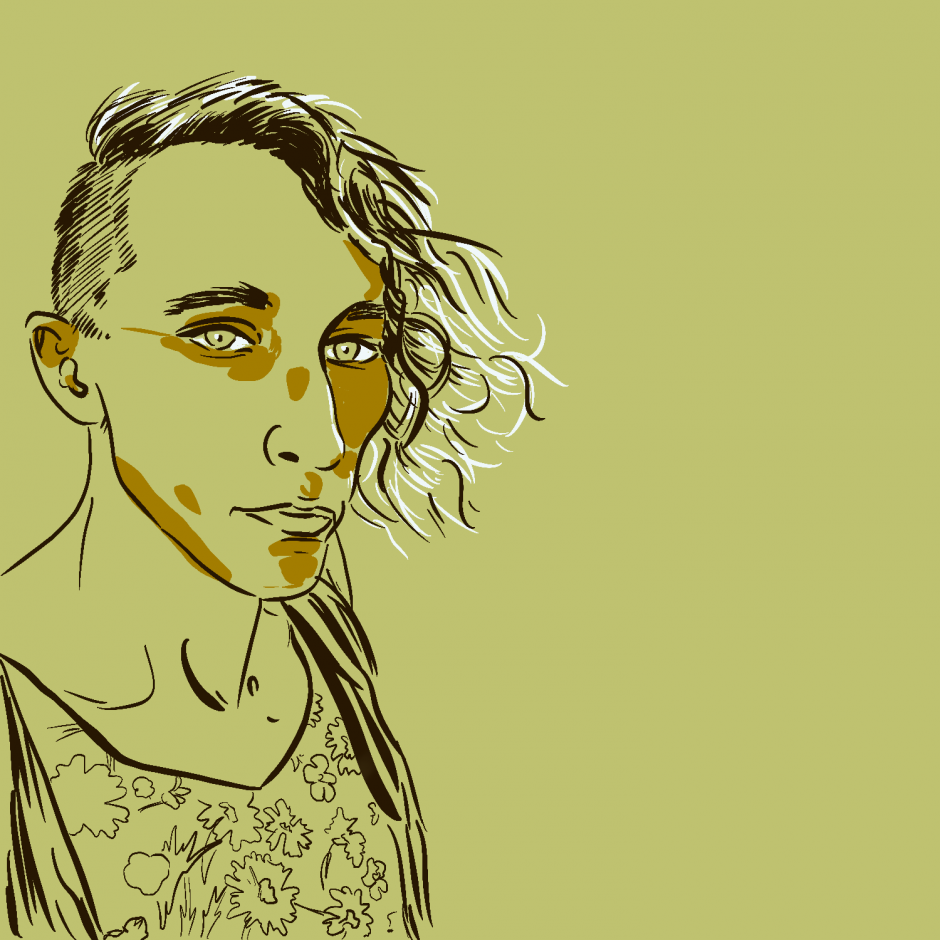
Jasper Heaton
They/She
I am a Ph.D student at the University of British Columbia, working in transfeminist and feminist philosophy.
My research focuses on metaphysical questions concerning the relationship between individuals and social categories. I am especially interested in the supposed-dichotomy between individual-level and systems-level explanations, and in how knowledge is generated from marginalized perspectives. My doctoral research develops an ameliorative analysis of gender as gender identity, and shows that an account of gender identity is vital for transfeminist politics.
My work is rooted in first-personal experiences, and seeks to elucidate why people’s subjectivity is a site of social resistance to conditions of marginalization and exclusion.
Kristin Conrad Kilgallen
They/She
I hold an MA in Philosophy from the University of British Columbia where I now study Counselling Psychology. My primary areas of philosophical interest are feminist philosophy, existentialism, and epistemology. Taking up a critique from the feminist philosophy of science, I believe reimagining the historically narrow cannon of Philosophy to include more perspectives is epistemically preferable (this is closely connected to Standpoint Theory.)
I volunteer with the Vigo Lab on the Student e-Mental Health Project and am a member of the Collective for Gender+ in Research at the Office of Regional and International Community Engagement (ORICE).
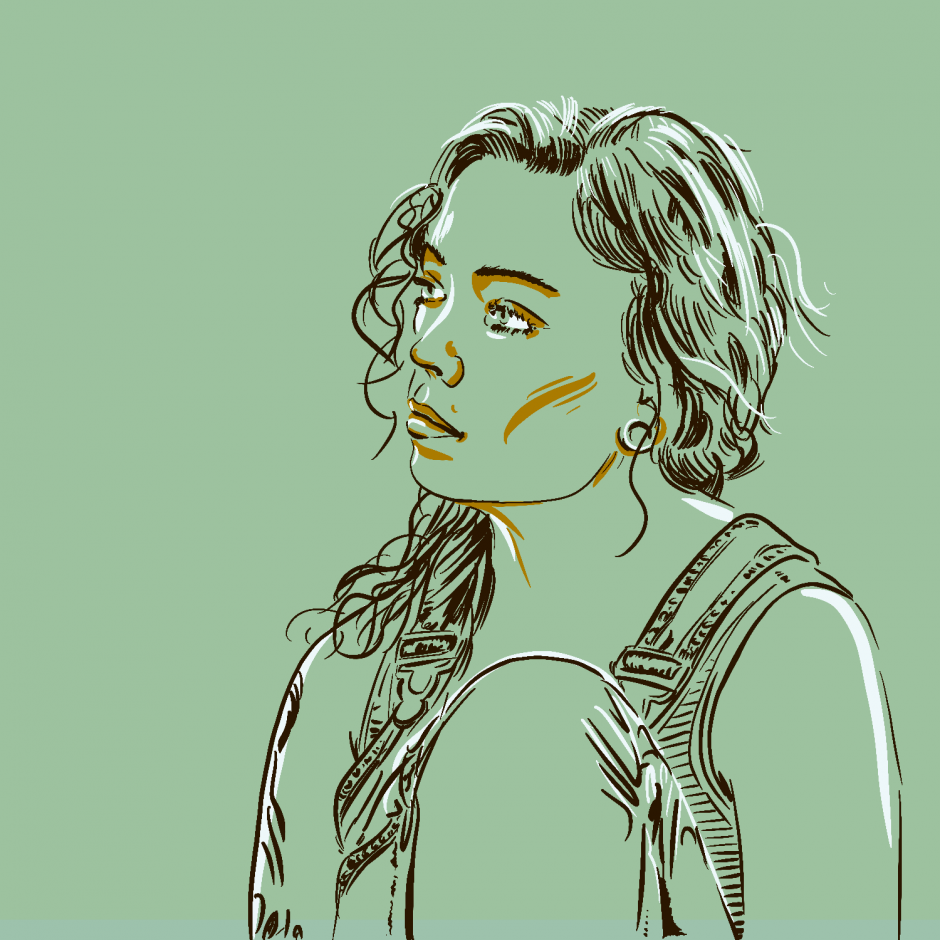
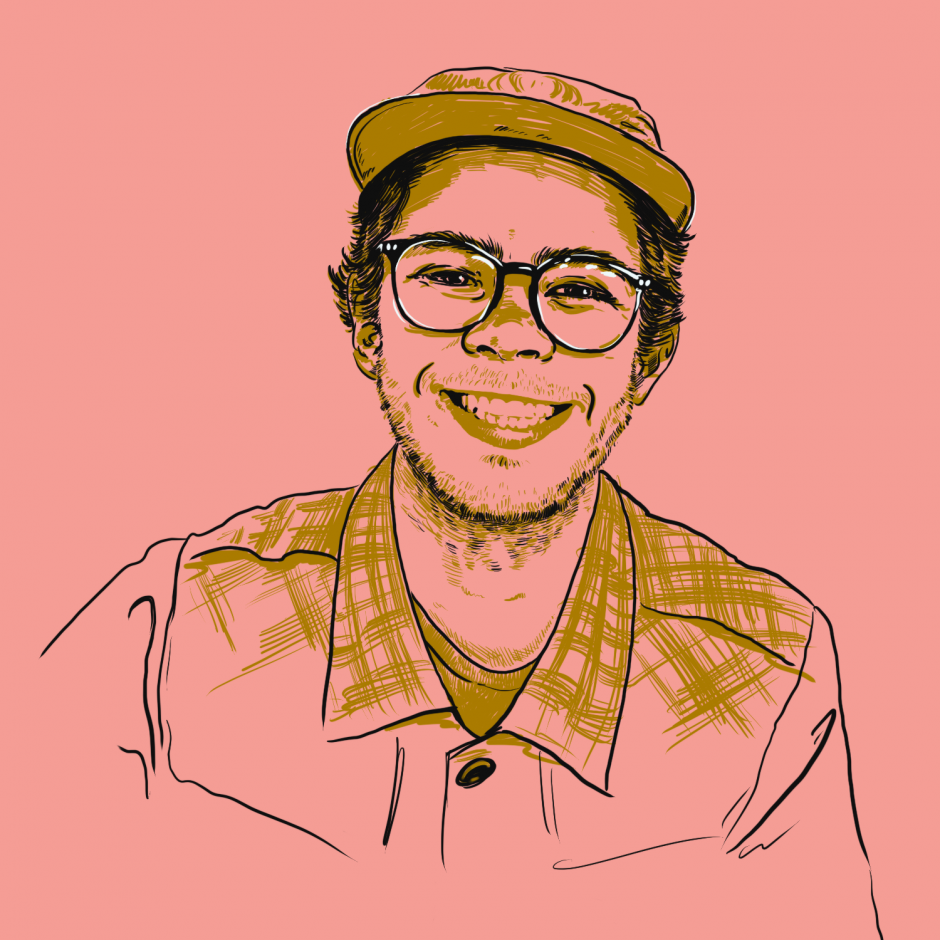
Cam Gilbert
He/Him
I’m a PhD student at the University of British Columbia with interests in social and political philosophy, feminist philosophy, and social epistemology. Broadly speaking, my research focuses on the structurally maintained ignorance of settlers in settler colonial societies and forms of epistemic oppression towards Indigenous peoples and communities.
In addition to my academic interests, I currently volunteer as a grant writer for the Center for Integration of African Immigrants in Vancouver and as a union representative for the UBC philosophy graduate students. I’m presently involved in an initiative to unionize all student workers (research assistances, academic assistants, etc.) at UBC. I also have long-term interests in organizing a community philosophy initiative at UBC that seeks to bring philosophical dialogue (in a very broad sense) to the broader Vancouver community.
Alice Everly
Database advice
She/Her
I have a PhD in Philosophy from McGill University and an MA in Archival Studies from UBC.
My philosophical work is animated by a fascination with interactions between the descriptive and the evaluative, as these interactions arise in both biological and social life. My dissertation reinterprets 20th-century continental insights into vitality and normativity, and applies them at the junction of contemporary social, political, and statistical practices in order to develop a new conceptual framework for contemporary social justice projects – what I call ‘generative normativity.’
My interests in archival science also lie in the interactions between the descriptive and the evaluative: what are the social and ethical effects of our organizational, descriptive, and recordkeeping practices, and how can these practices contribute to social justice?
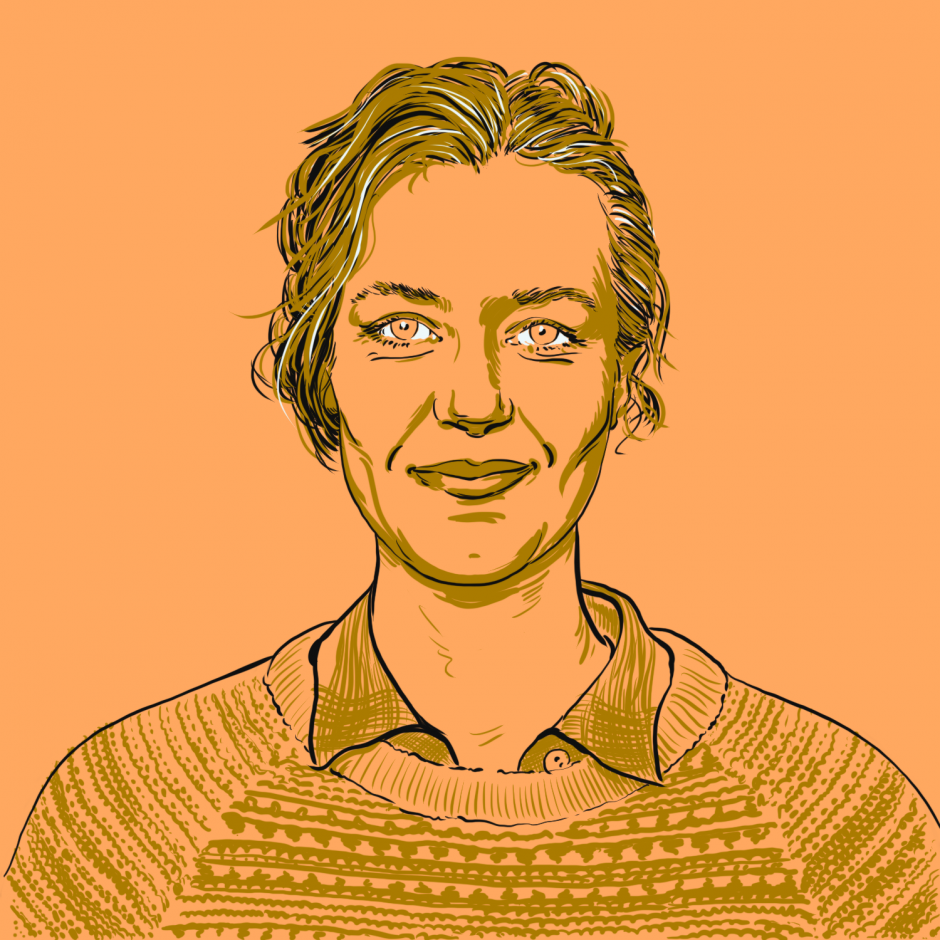
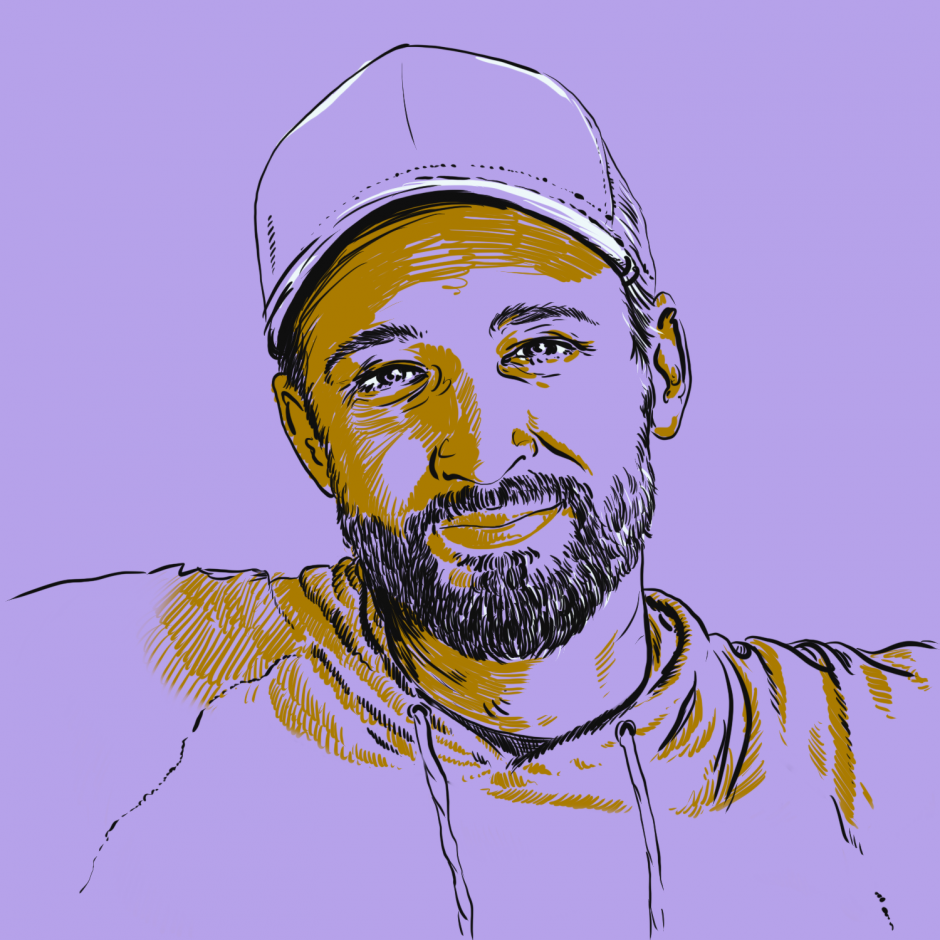
Eric Simons
Illustration credit
(He/Him)
I am a PhD candidate in archaeology at the University of British Columbia. My field practice and my scholarship have for the past few years been focused on the former grounds of an Indian Residential School—a community-led effort to locate missing children. Here and in my previous research, I’m interested in the relationships between archaeological and Indigenous ways of working and knowing, and particularly how these relate to social justice.
I also hold a BFA in visual art and have practiced as an illustrator for the past twenty years. I’m grateful to The Philosophy Exception team for the opportunity to pair my academic and illustrative interests in such a compelling project!